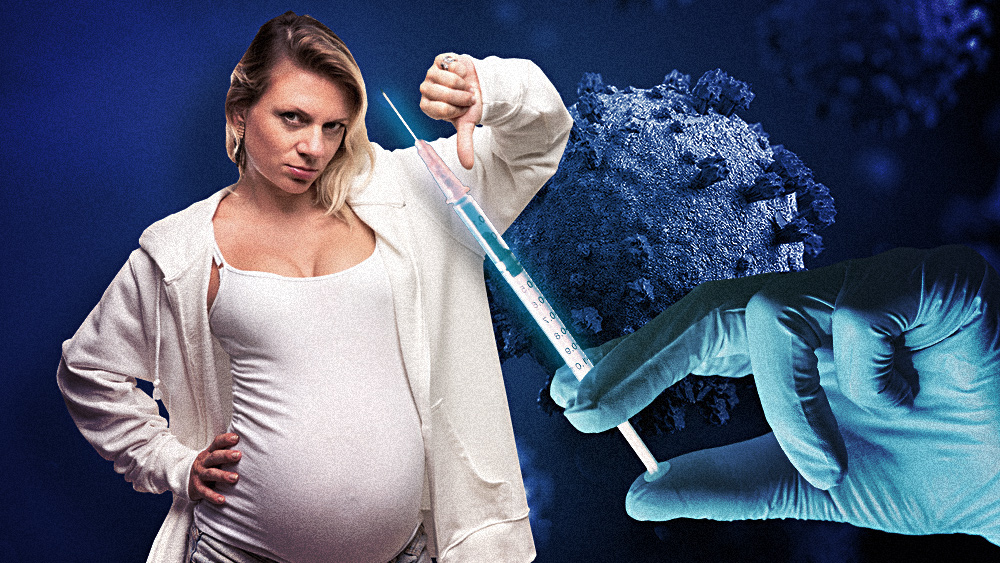
In February, the Alabama Supreme Court granted in vitro embryos legal personhood in a case that answered the question of whether wrongful death of a minor covered not just fetuses in the womb but also embryos held in a lab or storage facility.
The decision did not explicitly prohibit IVF, but it created uncertainty about how clinics and medical staff should deal with embryos. The decision has brought fear to doctors that they could be sued for destroying embryos, which happens in IVF when there are genetic issues or if patients choose not to use them. (Related: Trump wants IVF, fertility treatments available across America.)
As a result, some IVF clinics in Alabama stopped their services, despite assurances from the Alabama Attorney General's Office that it had no intention of prosecuting IVF providers.
In response, Ivey signed Senate Bill 159 as an immediate and temporary solution to protect IVF providers. The bill states that "no action, suit or criminal prosecution" should be brought against any person or organization "providing or receiving services related to in vitro fertilization" for the death of an in vitro embryo.
"I am pleased to sign this important, short-term measure into law so that couples in Alabama hoping and praying to be parents can grow their families through IVF. IVF is a complex issue, no doubt, and I anticipate there will be more work to come, but right now, I am confident that this legislation will provide the assurances our IVF clinics need and will lead them to resume services immediately," Ivey said.
The Alabama Senate and House of Representatives overwhelmingly approved SB 159. The Senate voted unanimously, while only six of the state House of Representatives' 105 members voted against SB 159.
The law, effective immediately, applies retroactively to acts, omissions or services that were not under litigation on their effective date.
SB 159 still needs to be polished
SB 159 has received mixed reactions within the medical community and reproductive rights advocates.
For instance, the University of Alabama at Birmingham's Department of Obstetrics and Gynecology and Alabama Fertility, two of the clinics that temporarily stopped IVF services, have expressed relief at the legal protections offered by the new legislation. With that, they have announced their plans to resume IVF treatment operations.
On the other hand, the Center for Reproductive Medicine at Mobile Infirmary, a defendant in the case that led to the state Supreme Court ruling, stated that they would not be reopening their IVF clinic "until we have legal clarification on the extent of immunity provided by the new Alabama law."
Meanwhile, the American Society for Reproductive Medicine warns the public that the new law still puts IVF providers and their patients "at legal risk" because it does not explicitly say if in vitro embryos are still considered children.
Moreover, advocacy groups like the Susan B. Anthony Pro-Life America organization said the law could remove protections for vulnerable Alabamians and prevent families from seeking justice for any harm done to their unborn children during IVF and lead to harmful and immoral implications.
Our mission is to empower, uplift and defend the lives of every human being across our planet, and we're doing it by building the infrastructure of human freedom. Find out about how we're doing this using cutting-edge AI technology at this link. Support our ongoing efforts by shopping at HealthRangerStore.com, and thank you for your support!
Watch this video that discusses the ethical issues regarding IVF and other forms of assisted procreation.
This video is from the Divine Truth - The Narrow Way channel on Brighteon.com.
More related stories:
IVF treatment proven to increase risk of birth defects in children.
IVF clinics started having serious problems right after the vaccines started rolling out.
Sources include:
Please contact us for more information.






















